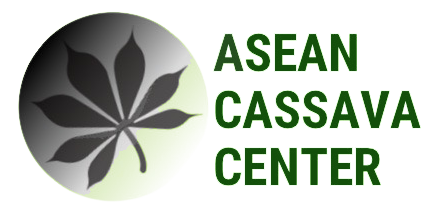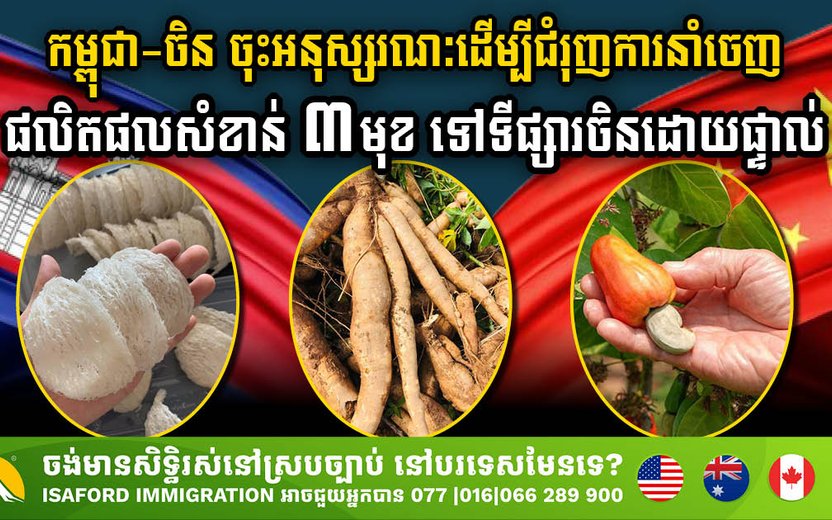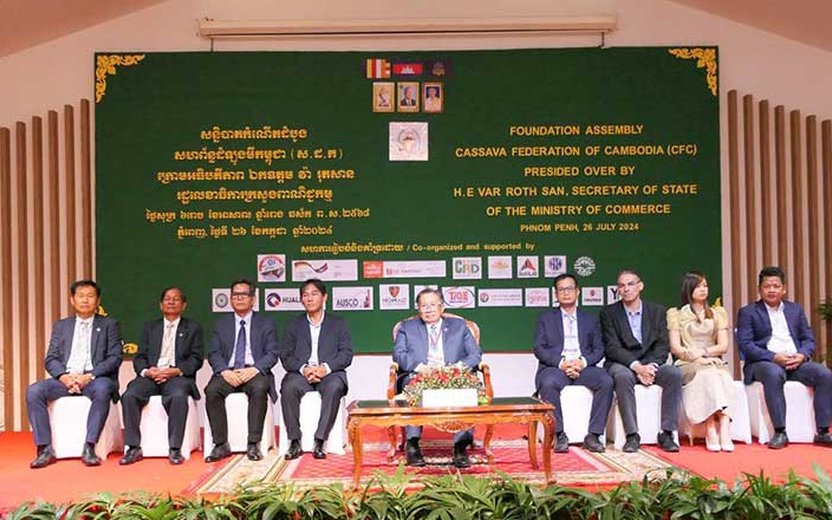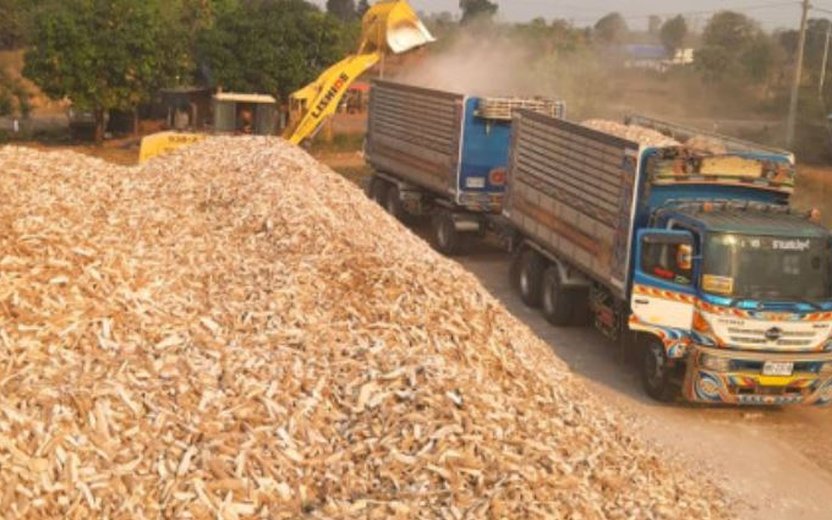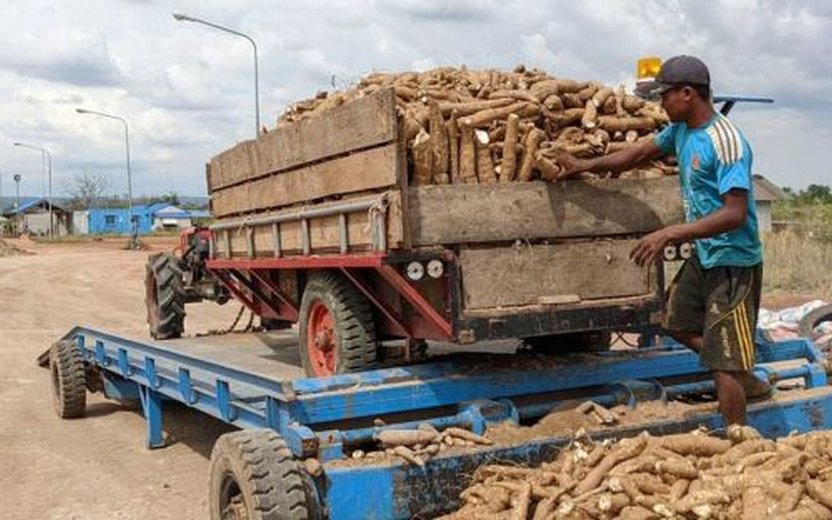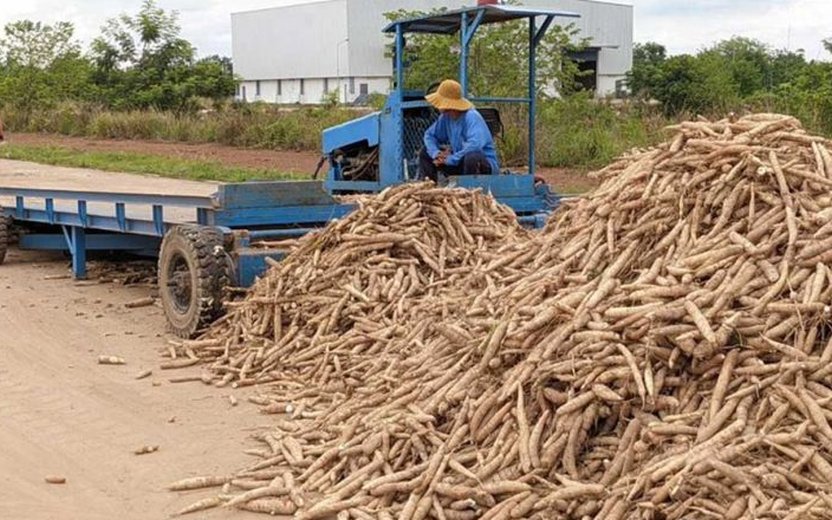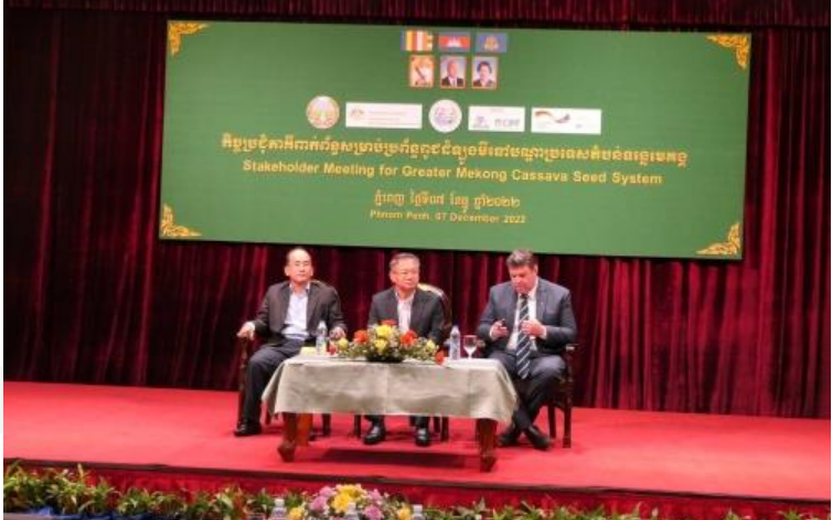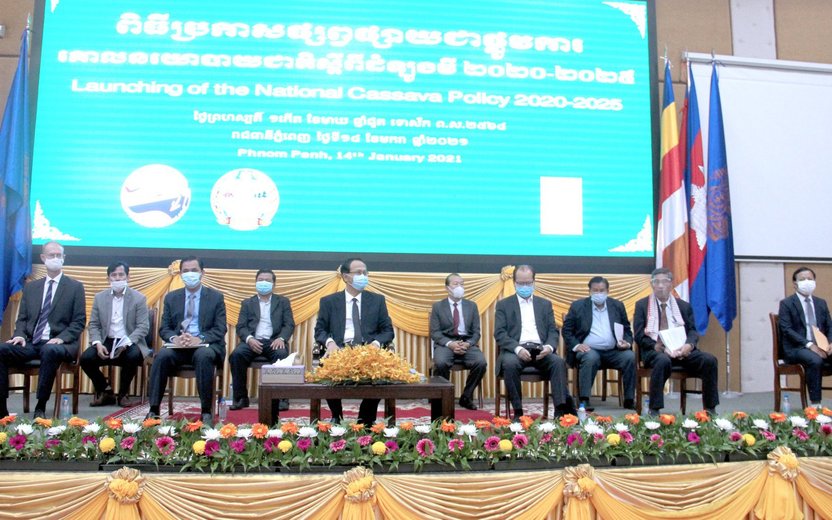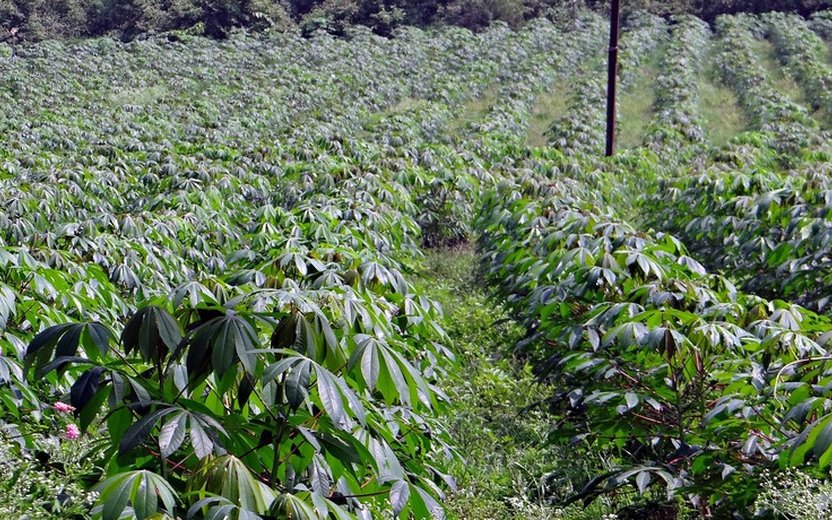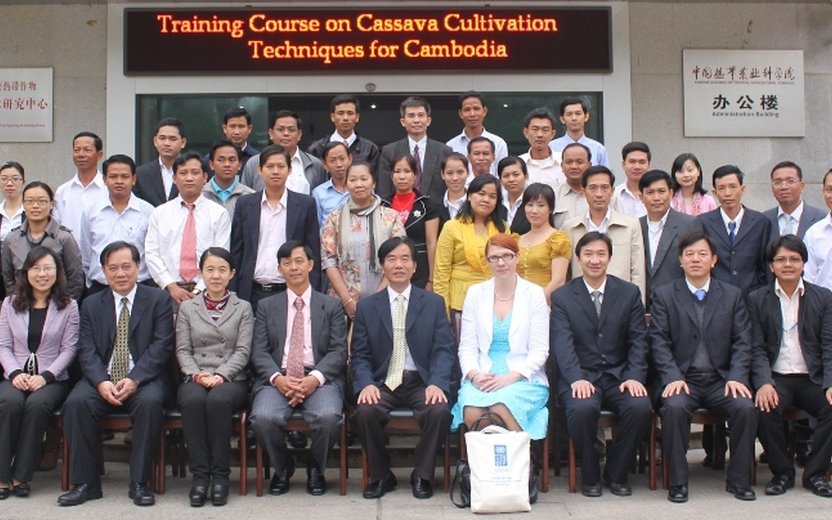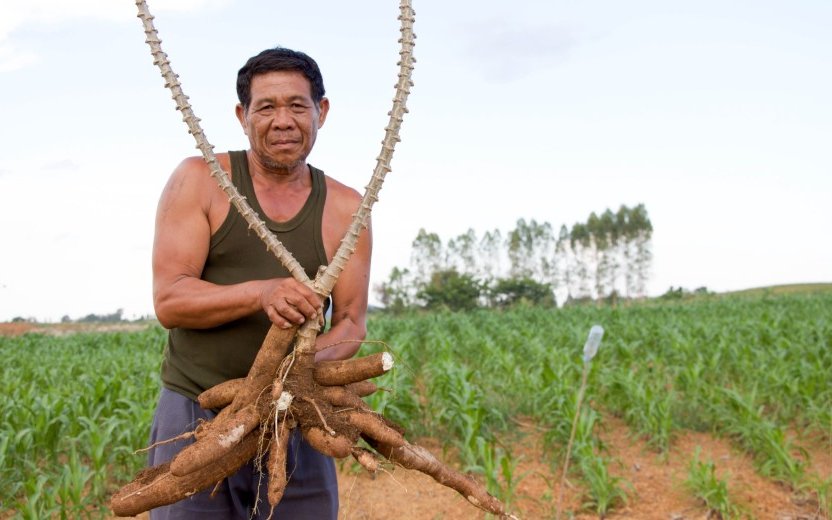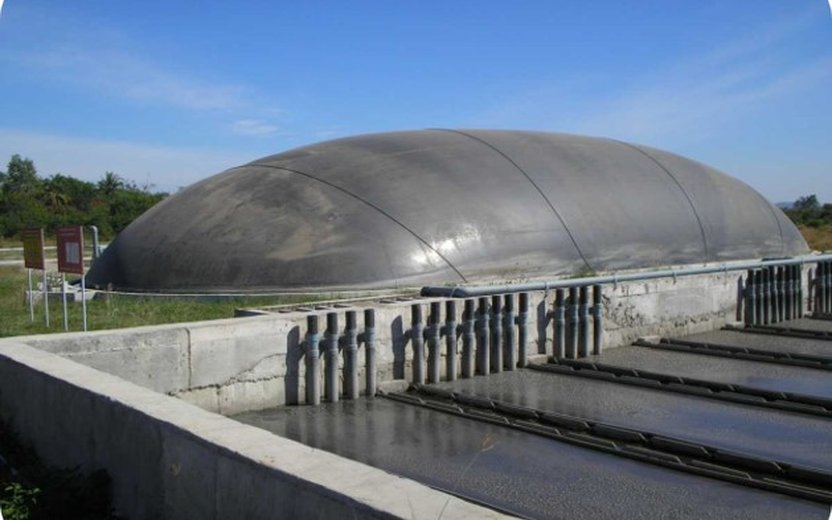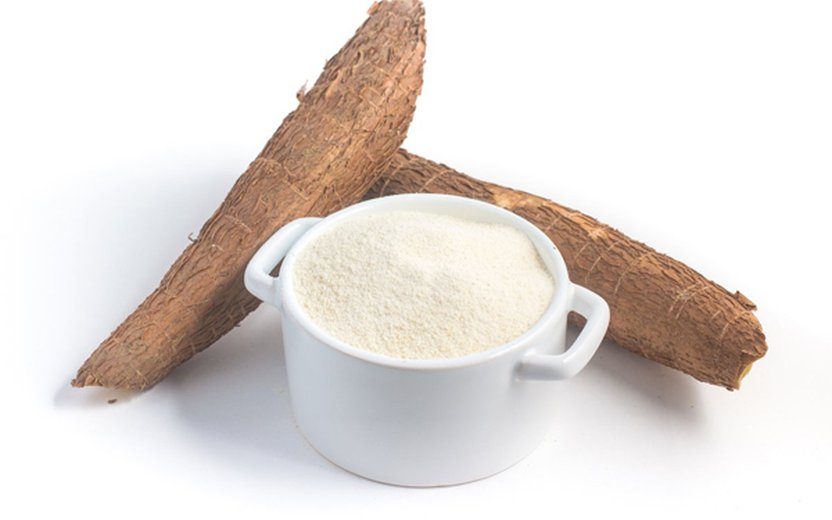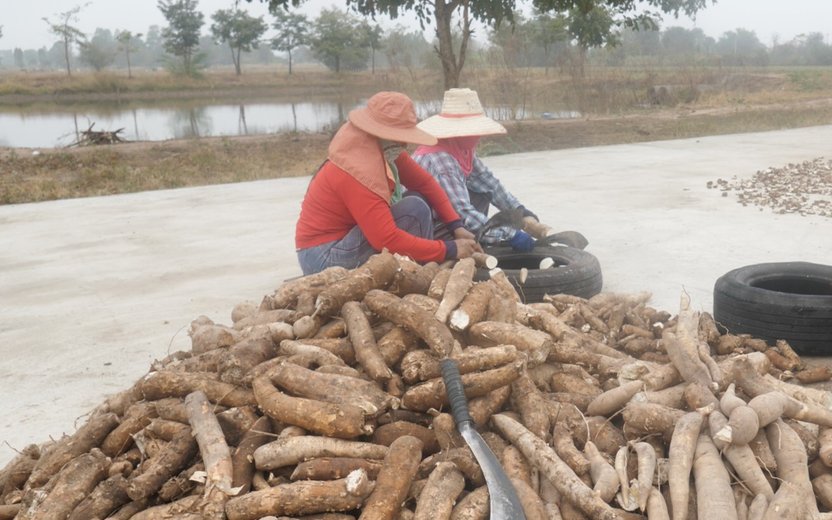Cambodia has signed an MoU with China to enable the direct export of cashew nuts, cassava, and edible bird's nests, bypassing intermediary nations. The agreement, involving key Cambodian agricultural associations and the Chinese Customs Administration, aims to simplify trade, increase export volumes, and boost profits for local farmers.
Cambodia
Latest News
- Aug. 2, 2024
The Cassava Federation of Cambodia (CFC) has been established to enhance the cassava sector's competitiveness and global market presence. Supported by government ministries and international organizations, the CFC aims to improve cultivation techniques, production capacity, and market strategies, aligning with the National Cassava Policy to promote quality and sustainability.
- May 8, 2024
Cambodia is preparing to export 500,000 tonnes of dried cassava directly to China, aiming to open new markets for farmers. Minister Dith Tina supports this initiative and encourages Chinese investment in other agricultural sectors.
- Oct. 6, 2023
On March 11, 2023, Phnom Penh hosted a signing ceremony involving Ministry of Agriculture officials and Chai Muchi from Global Ecological Rice (Cambodia) Co., Ltd. Makara focused on export strategy, while Muchi highlighted prior research collaborations and Chinese approval for Cambodian product exports.
- May 12, 2023
Cambodia saw robust cassava export growth in Q1 2023, primarily to Thailand. With a 28.50% increase reported by the Ministry of Commerce, valued at $285.052 million, the sector, buoyed by partnerships like CSVUAC's venture with Global Ecological Rice (Cambodia) Co Ltd, promises continued expansion and significant GDP contribution.
Activities
- May 16, 2024
The 14th Thailand-Cambodia Technical Cooperation Meeting in 2017 acknowledged progress in preparing a cooperation work plan. Due to COVID-19, the collaboration, originally until 2019, extended to 2021, focusing on public health, education, and agriculture.
- May 16, 2024
Cambodia's new cassava policy, launched by key ministries and UNDP, aims to boost production and exports until 2025. It's vital for job security, as cassava is a significant cash crop and resilient to climate change.
- May 13, 2024
The workshop reviews Cambodia's cassava policy, addressing challenges and opportunities in its value chain. It discusses historical context, policy frameworks, stakeholders, constraints like limited credit access and infrastructure, climate change impacts, and strategies for resilience. It offers insights and recommendations for fostering cassava industry growth and development.
- May 9, 2024
The operationalization of the China-Cambodia pilot initiative on South-South cooperation, under a Memorandum of Understanding between China and UNDP, has commenced. This initiative, witnessed by UNDP Administrator Helen Clark and PRC Prime Minister Wen Jiabao, involves training Cambodian officials in cassava cultivation in China, aiming to diversify Cambodia's export base.
- May 9, 2024
Cambodia's cassava sector, recognized as a national priority, lacks sustainable practices despite its growth. A project aims to enhance smallholder farmers' prosperity by improving productivity and market access, reinforcing supply chains, and building institutional capacity. It targets inclusive value chain development and policy support for sector sustainability.
Articles
- May 8, 2024
Cassava processing in Cambodia yields substantial waste, posing environmental and health hazards. The National Biodigester Programme promotes biogas solutions, offering economic, health, and environmental benefits. Government policies and initiatives are vital to ensure sustainable waste management and the growth of the cassava sector.
- May 8, 2024
Cambodia's cassava industry is burgeoning, ranking as the second-largest crop and contributing significantly to the GDP. Despite growth, challenges persist, requiring strategic investments and technological advancements for full potential realization and economic development.
- Jan. 27, 2023
Cassava cultivation in Cambodia shows promising growth potential, supported by government policies and initiatives. Innovations in cultivation techniques, value chain development, and education are crucial for further enhancing cassava production in the country. Cambodian efforts aim to harness these opportunities while addressing existing challenges for sustainable agricultural development.
